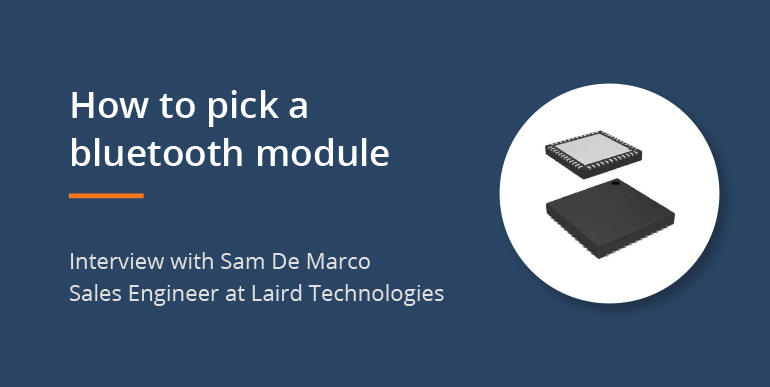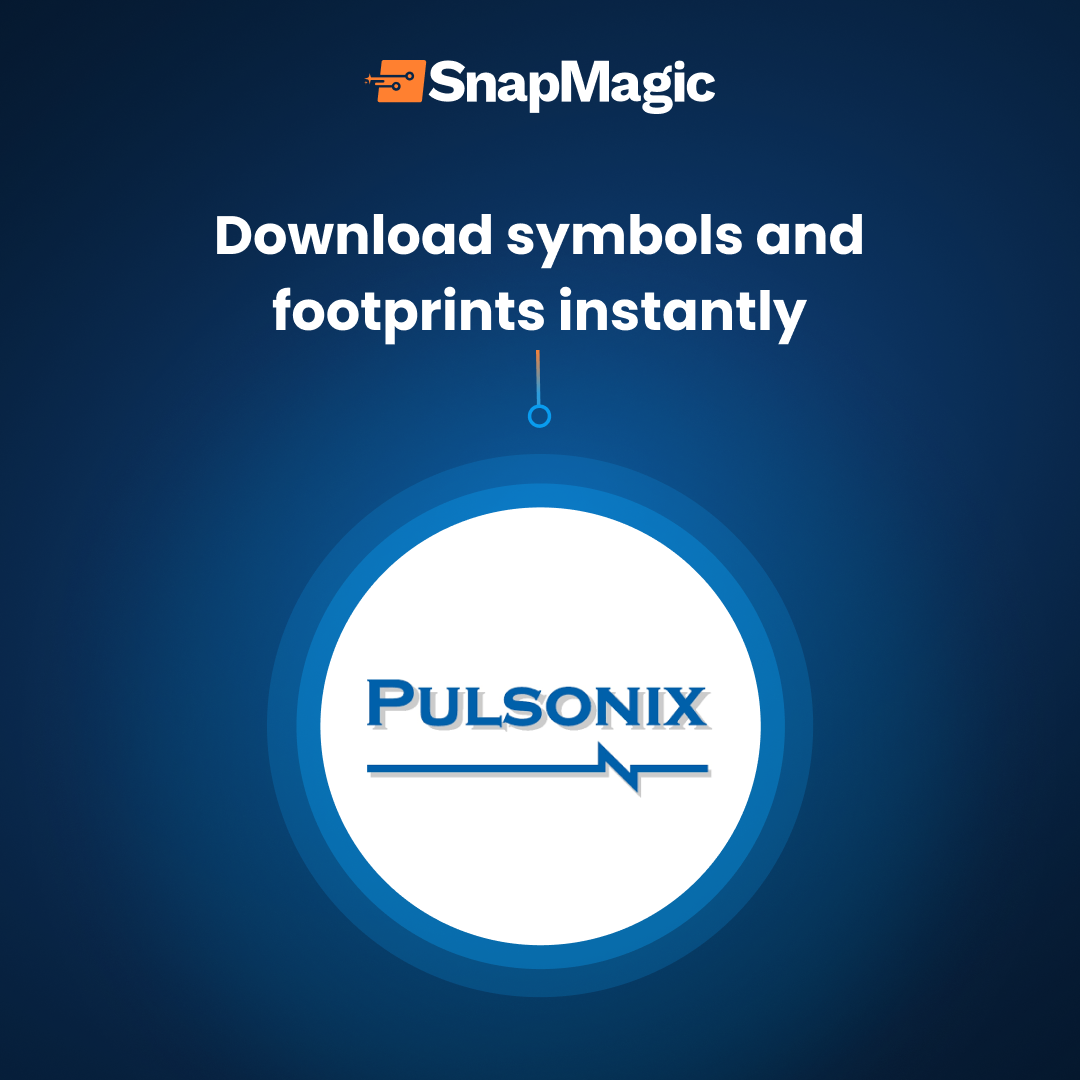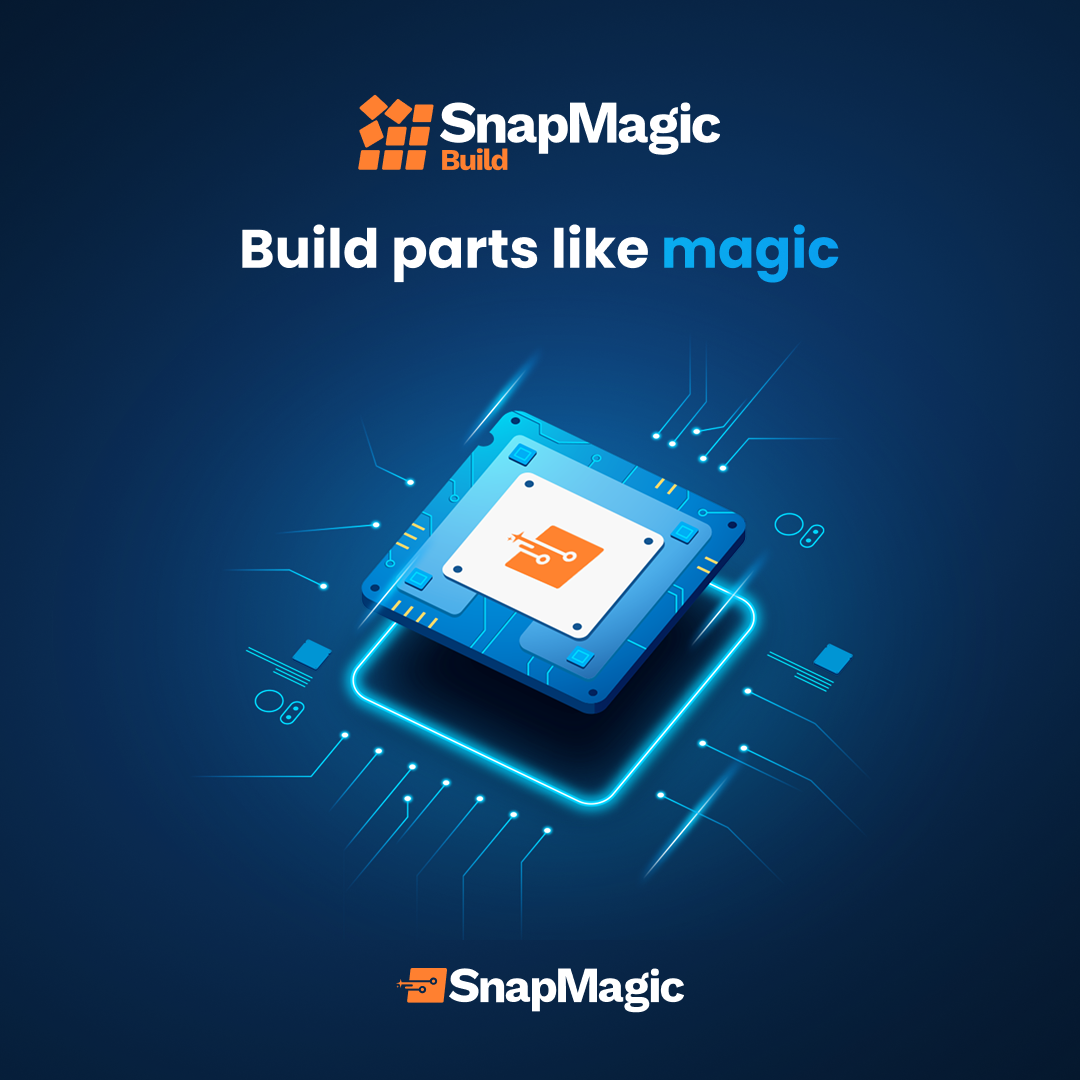
How to pick a bluetooth module
When selecting a Bluetooth solution for your designs, you might compare a processor and a module and think “well the Bluetooth processor is cheaper, so let’s go with that.” But the decision isn’t always so clear cut.
We had the opportunity to interview Sam De Marco, a sales engineer at Laird Technologies, to get his opinion on the factors designers should consider when selecting a bluetooth solution. Over the past 5 years, Sam has consulted dozens of customers on how to best integrate Bluetooth into their products and systems.
Hi Sam. What is the difference between a bluetooth module and a bluetooth processor?
Sam: From an engineering standpoint a module can be viewed as being like a miniature Bluetooth “daughter board” which can be designed using any of the several Bluetooth processors that are on the market today. A module essentially incorporates all of the components required to make the Bluetooth radio work and a module manufacturer will also carry out the necessary antenna design required to make the radio communicate reliably and correctly.
In addition, probably one of the biggest differentiators (and advantage) of using a Bluetooth module over a processor is certification. Most modules on the market today have undergone certification in order to operate in compliance with regulatory bodies such as the FCC, IC, and CE.
At Laird, we do our best to ensure that our Bluetooth modules comply with as many regulatory agencies around the globe making it easier for our customers to export their products globally by avoiding compliance issues.
Why would someone would want to design with a module over the processor?
Sam: There are several reasons why an engineer would choose a module over a processor. A module simplifies the Bluetooth portion of your hardware design in many respects. Here are a few benefits:
- There’s no need to worry about getting the antenna design right (antenna tuning and matching), which is typically quite challenging
- There’s no need to worry about all of the passive components necessary for the Bluetooth radio to operate thereby, simplifying BOM management
- There’s no need to pay thousands of dollars to complete radio certifications to ensure that your product is compliant in the specific global markets you intend on selling to
Ultimately, all the above translates to quicker time to market with a working and reliable Bluetooth solution.
Are there significant price differences between using a chip and a module?
Sam: This is a great question and one that is not straightforward to answer. Several start-ups and newer companies will look at the immediate price of a Bluetooth IC and a module and think “well the Bluetooth processor is cheaper so let’s go with it”.
The truth is, there are incredibly large non-recurring engineering (NRE) fees associated with a “chip-down” design versus using a module. The certification process which includes testing, equipment, engineering, and long periods of time all translate to significant dollars being spent that are not so easy to predict nor quantifiable.
I have had several customers in the past who attempted to go the chip-down route only to later realize the effort, time and money required to get their solution to work. In the end they finally decided to use a module for all the benefits I mentioned earlier.
What factors should designers consider when selecting a bluetooth module?
Sam: There are several modules on the market to choose from which can definitely make it a daunting task when it comes to picking one. Ultimately, I would advise keeping the following in mind:
Support
The last thing you want to be doing as a company is trying to get to market quickly and wasting time trying to actually get your module to work! Ensure that the vendor you select has excellent documentation consisting of application notes and user guides followed by “real-time” resources that are capable of answering any design question you may have when trying to get your Bluetooth module to work.
Reputation of the Vendor
As mentioned earlier, there are several modules on the market and unfortunately, many are very appealing due to their low cost. However, the old adage of “you get what you pay for” holds quite true. Imagine your company ramps up to doing several thousands of units a year and suddenly the “cheap” Bluetooth module you got a deal on unexpectedly goes end of life with no warning and you have several thousands of orders in your pipeline that you are not able to fulfill…not very good for business. When it comes to selecting a module vendor be very selective and carry out due diligence. You should view your module vendor as a partner who has a stake in your success and wants to see your company do well
Application
Understanding your application requirements is definitely a crucial step. Do you need both Bluetooth Low Energy and Bluetooth Classic (Smart Ready)? Does your application truly require the latest version of Bluetooth? What sort of data rates or transmission ranges does your application require? Does your application require you to have a truly embedded standalone module that requires the Bluetooth software stack to be onboard or do you intend to run the stack directly on your main processor running Linux or Android? What interface requirements does your application require (i.e. UART or SPI)? All these types of questions are very important so that once you have them all figured out you will be able to select the best module for your application.
Chances are if you select a module vendor with a good reputation and strong support structure they will most like be professional and competent enough in helping you select the right Bluetooth solution for your product.
Is there anything else we should know about selecting bluetooth modules?
Sam: There are several caveats when it comes to selecting a Bluetooth module, ranging from hardware to software. My recommendation is to definitely connect with a vendor/partner that is able to understand your application requirements in detail and that can work with you in ensuring that you make the best choice for your design.
Now that you have more information on how to select the best solution for your designs, you can also check out the top 10 bluetooth ICs and modules downloaded by electronics designers on SnapEDA!




Comments (2)
The Top 10 Bluetooth Modules & Chips – SnapEDA Blog
June 15, 2017 at 11:40 pm
[…] If you still need help choosing the best Bluetooth solution for your design, read our interview on How to Pick a Bluetooth Module. […]
Moinul
June 18, 2017 at 5:20 am
very useful and informative post. I have learned many information about Bluetooth after reading this post.
thank you for such an excellent post